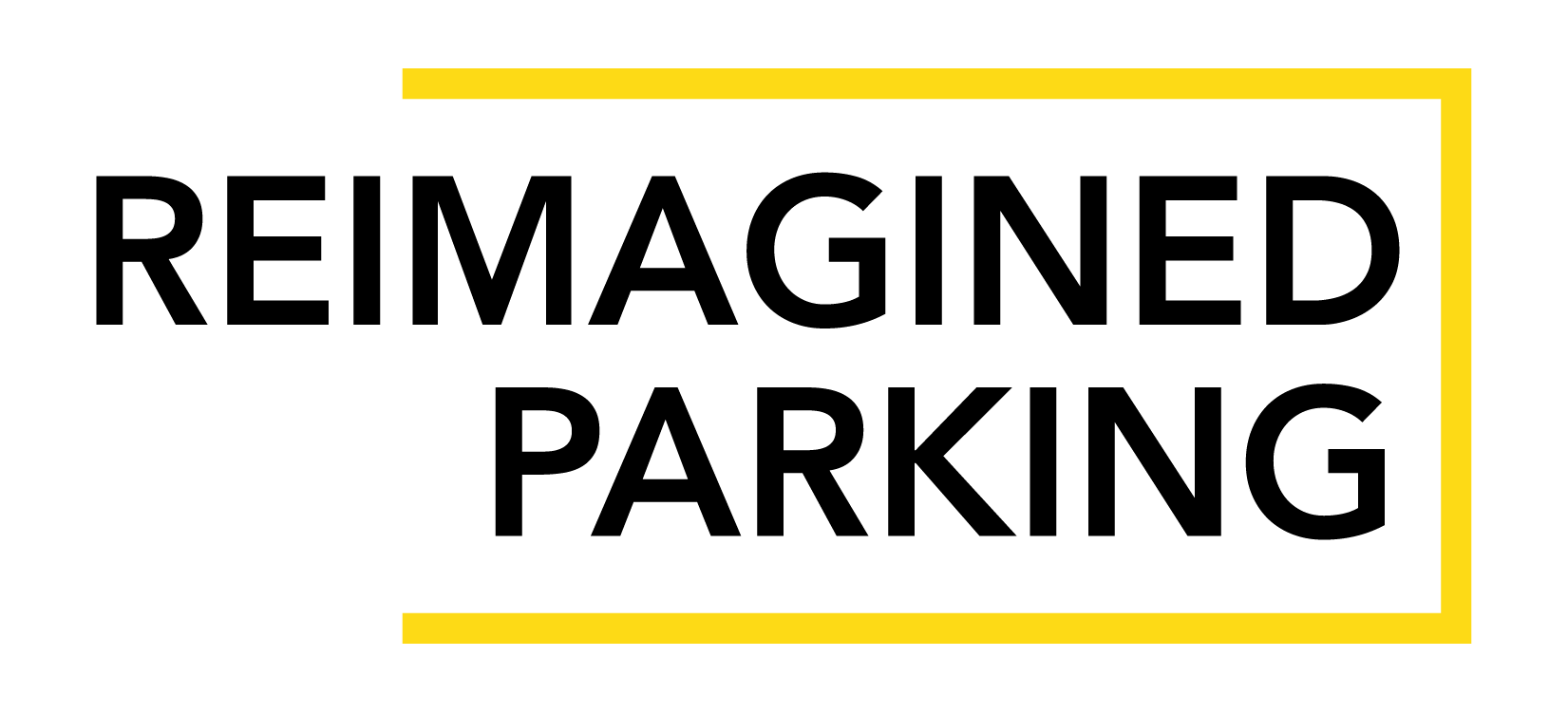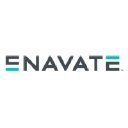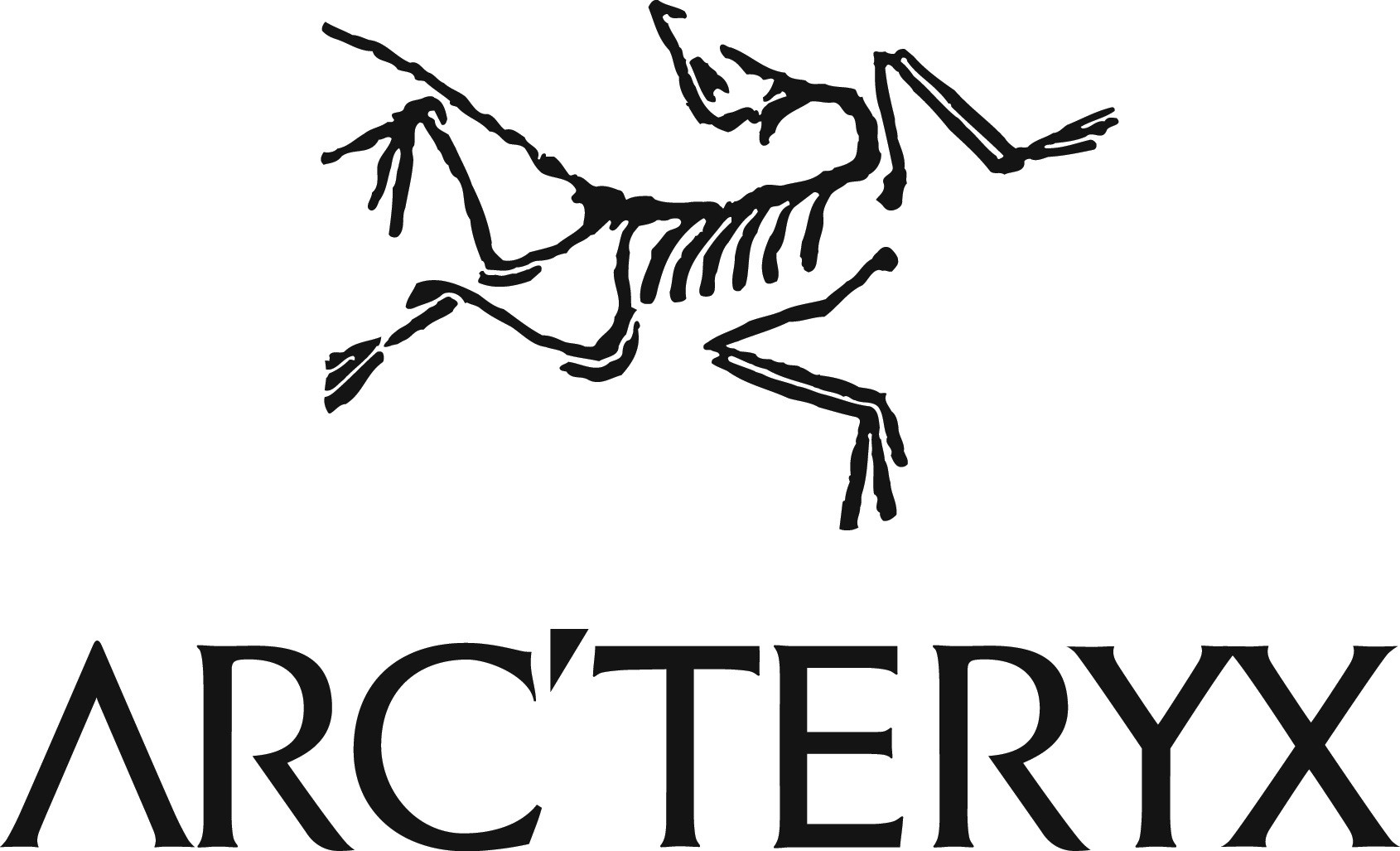Staff - Union Job Category CUPE 116 Job Profile CUPE 116 Hourly - Research Assistant /Technician 2 Job Title Auxiliary Animal Care Technician Department Research Support | Modified Barrier Facility | Animal Care Services Compensation Range $27.24 - $29.82 CAD Hourly Posting End Date October 17, 2025 Note: Applications will be accepted until 11:59 PM on the Posting End Date. Job End Date Ongoing Full-time during training (6-8 weeks). Casual, on-call ongoing based on seniority, operational needs and availability of employee. Employee must provide a minimum of 1 shift per week availability. Shifts are not guaranteed. At UBC, we believe that attracting and sustaining a diverse workforce is key to the successful pursuit of excellence in research, innovation, and learning for all faculty, staff and students. Our commitment to employment equity helps achieve inclusion and fairness, brings rich diversity to UBC as a workplace, and creates the necessary conditions for a rewarding career. Job Description Summary This position is responsible for directly supporting the animal-based research community within the University of British Columbia by providing high level animal care in working closely with the Clinical Veterinarians and Animal Care Teams. The Animal Care Technician (ACT) will provide facility support within the Modified Barrier Facility (MBF). Animal Care Technicians (ACTs) within the Modified Barrier Facility are responsible for the daily maintenance and care of small laboratory animals. These positions ensure the cleanliness of the facility and the maintenance of adequate supplies of food and bedding materials. The successful incumbent ensures the highest quality of laboratory animal care and research support by pursuing and improving methods of animal husbandry and resource utilization. The Animal Care Technician will work together with other technicians and veterinarians in a time-sensitive, regulated environment governed by the Canadian Council on Animal Care (CCAC) and UBC Animal Care Committee (ACC). This position requires strict adherence to protocols and standard operating procedures that prevent accidental introduction of disease or confounding research variables. The work environment is technically complex with the use of computerized animal anesthesia machines, diagnostic laboratory equipment, specialized surgical equipment, and digital environmental monitoring tools. Work may involve the use of potentially hazardous material or may be located in areas where such materials are used. Work will require the use of personal protective equipment. Organizational Status This position reports to the Operations Manager and takes direction from the MBF Supervisors. Works closely with other ACTs, registered veterinary technologists (RVTs) and Clinical Veterinarians. Liaises with researchers and their teams. MBF is a 22,000 sq. ft. animal facility capable of holding 7,000 rodent cages. MBF is a multi-barrier facility, equipped with conventional and barrier zones and ample procedural space, which includes Containment Level 1 & 2, as well as information technology, and material management. MBF is part of Animal Care Services (ACS), the largest animal care program in Western Canada and the second largest in Canada, is responsible for providing research support to the animal-based research community associated with the University of British Columbia and its affiliates through its veterinary services team, the compliance team, the procurement team and its facilities. ACS is committed to providing excellence in research support to all UBC researchers with accountability, communication, cooperation, customer service and integrity. ACS reports to the Associate Vice President Research & Innovation. Work Performed Provide consistent, high quality and compassionate care to all animals in accordance with the Canadian Council on Animal Care (CCAC) guidelines and established research protocols. Responsible for providing basic husbandry, handling, restraint, and health, behavior and welfare surveillance of small laboratory animal species, along with continuous awareness of current species-specific welfare issues in accordance with Canadian Council of Animal Care guidelines. This includes inventories and record keeping for each animal; maintaining breeding colonies of various animals which include breeding, feeding, weaning, and keeping records of activities; performing rounds to observe and check the physical health and well-being of laboratory animals; preparing health reports; isolates infected or ill animals and reports to veterinarian; general housekeeping and maintenance of facility and equipment. Performs minor technical procedures, including ear notching, sample collection, injections, euthanasia, necropsy, topical treatments, blood, tissue and organ collection as necessary under the direction of the Operations Manager, Supervisors or Veterinarian. Receives and packs live animal shipments. Packages, labels, processes biological, biochemical, radioactive and hazardous materials out of the facility. Demonstrate and explain T2 duties and tasks to new hires. Assists MBF research staff and users with animal care procedures and techniques. Recommends revisions to existing policies and procedures to the MBF Supervisors. Performs duties in the cage wash area. Be responsible for the maintenance, cleanliness and organization of cages, equipment, surgical and storage facilities. Be responsible for the maintenance storeroom supplies. Performs routine cleaning of animal lodging facilities. Follows all safety standards, standard operating procedures and policies. Maintains required courses, certifications and testing. Report any safety concerns to the ACS Joint Occupational Health & Safety Committee (JOHSC). Treats confidentially all information related to research projects, personnel, and locations, and agrees not to disclose any such information to any person except as may be necessary in the proper discharge of work obligations. Keep abreast of developments in the area of expertise and participating in continuing education programs. Perform other related tasks as required. Consequence of Error/Judgement The incumbent must be willing to pay attention to details, be aware of pitfalls and be willing to repeat tasks if necessary. Most of the procedures will require following a protocol already in place; however, there is room for innovative thinking to improve upon existing protocols and provide input into the direction of the project. These positions are expected to exercise some initiative and judgment in establishing priorities and carrying tasks through to completion; new or unusual problems would be referred to supervisor. Incorrect decisions could result in deterioration of animal health and/or disruption or ruination of a research study. Inappropriate judgment exercised by the position may impact the success of the facility, leading to increased expenses, time loss, and reputational damage. Supervision Received Works under general supervision in carrying out familiar phases of duties and responsibilities; receives instructions during orientation and on subsequent new assignments or changes in procedures. Supervision Given May distribute work assignments to employees at lower classification levels and initiate new employees into routines, procedures and operation of equipment. Minimum Qualifications High school graduation, some additional training in a related field and a minimum two years of related experience or an equivalent combination of education and experience. - Willingness to respect diverse perspectives, including perspectives in conflict with one’s own - Demonstrates a commitment to enhancing one’s own awareness, knowledge, and skills related to equity, diversity, and inclusion Preferred Qualifications Undergraduate degree in a relevant field or graduation from a technical college or institute. B.Sc. degree in an animal related field and/or AHT diploma an asset. CALAS Registered Laboratory Animal Technician (RLAT) preferred. Experience in working with small animals in a research capacity. Experience working in a CL2 environment. Working with industry and/or research teams an asset. Must demonstrate a sound theoretical and working knowledge of the principles and practice of laboratory animal science and working knowledge of veterinary technology, biomedical research, medical terminology, anatomy, physiology, pharmacology, and intensive/critical care. Effective oral and written communication, interpersonal, organizational and problem-solving skills. Ability to work both independently and within a team environment. Ability to be thorough, accurate, and have a high level of attention to detail. Ability to perform the physical demands of the job including: working in humid environments with varying temperatures; continuous exposure to animal dander, odors, excreta, dust, and noise, including potentially lethal pathogens and radioisotopes. Able to lift up to 25 kgs several times throughout the day and work in an environment that requires continuous walking, bending, stooping, reaching, twisting and turning. Ability to operate job-related equipment. Ability to effectively use software at a moderate level (e.g., Outlook, MS Word, MS Excel, MOSAIC, Workday). Ability to read and comprehend technical material. Be willing to maintain and upgrade training. Ability to train others. Ability to understand and apply policies, SOPs, instructions and applicable Canadian Council on Animal Care (CCAC) guidelines. Ability to prioritize and work effectively under pressure to meet deadlines. Ability to listen actively and attentively, and obtain clarification as required. Ability to deal with a diversity of people in a calm, courteous, and effective manner. Ability to work toward consensus and resolve differences. Ability to demonstrate a commitment to equity, diversity and inclusion. Ability to develop and maintain cooperative and productive working relationships. Ability to resolve complaints and interpersonal conflict in a calm, non-confrontational manner, and by exercising sound judgment. Ability to work weekends, evenings and statutory holidays. If you require any assistance with the job application process, please contact us at acs.hr@ubc.ca The University of British Columbia is a global centre for research and teaching, consistently ranked among the top 20 public universities globally. A large part of what makes us unique is the community of engaged students, faculty, and staff who are collectively committed to shaping a better world. Recognized as a leading employer in British Columbia and Canada, UBC supports inspired students, faculty and staff on their journey of discovery, and challenges them to realize their greatest potential. New ideas, changing infrastructure, innovative technology, and fresh approaches are opening up possibilities for the future of research, teaching, and work. Are you ready to embrace the future together? Equity and diversity are essential to academic excellence. An open and diverse community fosters the inclusion of voices that have been underrepresented or discouraged. We encourage applications from members of groups that have been marginalized on any grounds enumerated under the B.C. Human Rights Code, including sex, sexual orientation, gender identity or expression, racialization, disability, political belief, religion, marital or family status, age, and/or status as a First Nation, Metis, Inuit, and/or Indigenous person. All qualified candidates are encouraged to apply; however Canadians and permanent residents will be given priority. If you have any accommodation or accessibility needs during the job application process, please contact the Centre for Workplace Accessibility at workplace.accessibility@ubc.ca.







